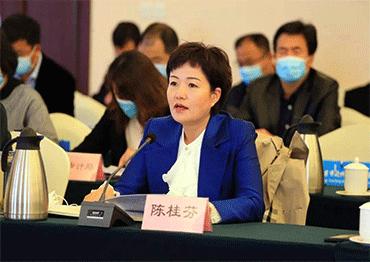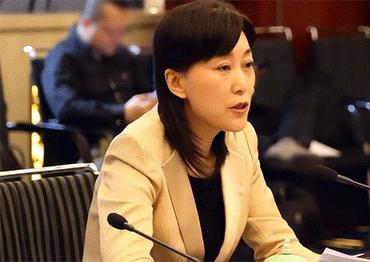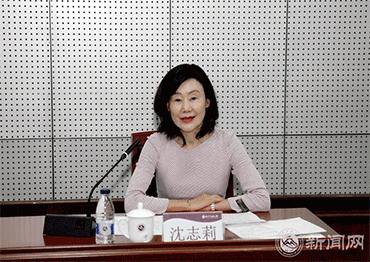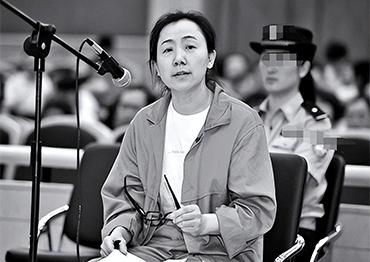Media reported in 2022 that Liu Guangming had undergone extensive cosmetic surgery, from a nose job and facelifts to buttock implants. The constant stream of compliments she received about her beauty helped her overcome any fears she had about getting on the operating table, she said.
Liu spent at least 5 million yuan (US$700,000) on skincare treatments in Hong Kong. Her buttock lift surgery alone cost 500,000 yuan (US$69,917), media reported.
Liu’s is not an isolated story. Xu Ailian, the former mayor of Manzhouli, Inner Mongolia Autonomous Region who was investigated in June 2020 and later sentenced to 11 years in prison, was found to have accepted bribes and covered up the activities of local criminal organizations. The Procuratorate Daily
newspaper revealed she had received expensive cosmetic services paid for by a company, including beauty injections that cost 150,000 yuan (US$20,975) each.
The same year, Shen Zhili, former vice-president and standing member of the Party commission of the North China University of Technology in Beijing also came under investigation. Media revealed she regularly underwent plastic surgery and beauty treatments. Records show that she spent at least 4.5 million yuan (US$600,000) on cosmetic services, with the largest transaction amounting to 690,000 yuan (US$96,485).
Shen was sentenced to 10 years in prison for taking bribes.
The CCDI’s website details several cases of officials involved in corruption related to cosmetic services, with amounts reaching in the millions of yuan. In some cases, indulgence in cosmetic procedures led to the downfall of these officials.
For example, Cao Shujie, a former official at the Ministry of Human Resources and Social Security, came under investigation after reports claimed that a woman surnamed Du spent a significant amount of public funds at a beauty salon between 2007 and 2010. Investigators confirmed that Du was Cao’s daughter.
In 2014, Cao was sentenced to 10 years in prison for corruption.
Similarly, Bai Hong, a former member of the Party commission of the Beijing health bureau, faced multiple accusations in 2011 of indulging in luxurious beauty treatments at a beauty salon. An investigation revealed that Bai embezzled 4 million yuan (US$560,000) in public funds and spent it on 100 treatments at the high-end beauty salon.
Bai was ultimately sentenced to 15 years in prison.
Male officials are not immune to such corruption. Kong Xianghui, former vice chairman of the Chinese People’s Political Consultative Conference of Haixi, Qinghai Province, was exposed for spending over 3 million yuan (US$400,000) on cosmetic services with his wife in Chengdu, Sichuan Province and Shanghai. Mo Bin, former director of the Party commission of a district-level People’s Congress in Nanning, Guangxi Zhuang Autonomous Region, was revealed to have accepted high-end cosmetic services paid for by local businesspeople.
Kong was sentenced to 13 years in prison in 2023 for bribery, while Mo Bin has been removed from his office and expelled from the Party. His case is still under investigation.
Psychologist Zhou Xu has analyzed the possible causes of cosmetic service-related corruption. “On one hand, the power held by officials can amplify their personal desires and drive them to satisfy their basic instincts. On the other hand, people in positions of power with resources often prioritize their appearance and hope to appear younger and more energetic. They perceive it as a means to increase their power and resources,” Zhou told NewsChina.
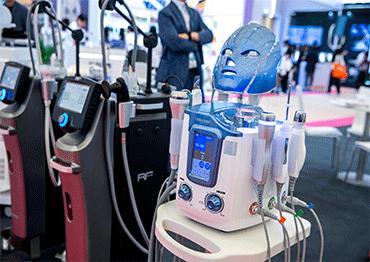
 Old Version
Old Version
